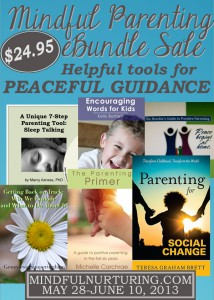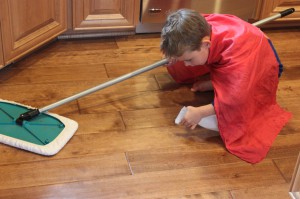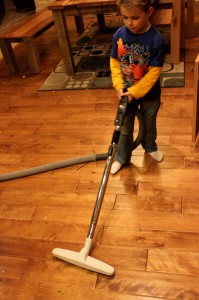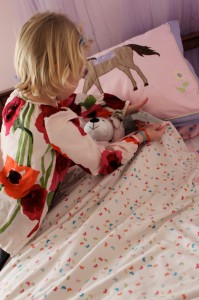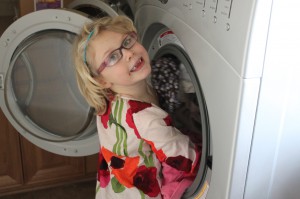I’m jealous of my husband and his connection to our three year old. Sometimes I feel like a third wheel (I know it is normal; I Googled it). Nonetheless, I feel like a jerk for feeling jealous of my husband for having such an incredible bond with our energetic, spirited toddler. Three years old is such a fun age! Benjamin can express himself. He can open doors. He can lock doors. He can climb on top of a plastic organizer box and turn the light on in the living room. And oh yeah, he can work the Kindle Fire better than I can. And as I write this, I hear him say to his daddy, “I have your keys. I want to go in your car,” as keys jangle and more toddler murmurs come out. Have you ever been locked out of your car or home? Either you can’t find your car keys or you locked yourself out of your home. First thoughts are typically to turn to family and friends for help or a set of spare keys, but this may not work out. Next steps are to contact a Strong Hold Locksmiths. A locksmith can perform numerous jobs like changing of the locks and taking care of the dead bolts, but not many people are aware that they also know about automobile repairs and installing the safes in your house for storing the valuable possessions like cash and jewelry. A skilled locksmith will eliminate your sufferings in a short span of time, whether it includes problem giving keys or locks. You should be assured if you have a professional locksmith by your side. There are many kinds of locksmiths like car locksmith and safe locksmith; you can choose them as per your needs and according to the demand of the situation.
Benjamin is very attached to his father.
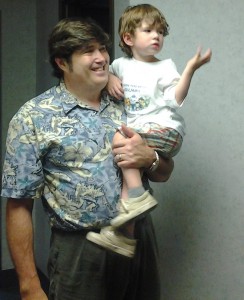
I was on the receiving end of this affection when I was breastfeeding. Mama was what consoled him. And all I wanted was a little time for myself. Just a minute to go to the bathroom alone. Now, I could go to the next town over and use the restroom at the mall and perhaps my son would not notice I was gone, as long as Daddy was there.
Now he reaches for Daddy, sits on Daddy’s lap, plays with Daddy, wants to be with Daddy all the time. He is a daddy’s boy. (Now Ben and Daddy are playing spaceships. Daddy with Buzz Light Year and the Rocketship and Ben with the Star Wars X-Wing and Luke Skywalker. They are engaged in their own vocabulary of play, zooming around the galaxy. In fact, I was referred to as the Mommy Nebula, as my husband hid Buzz’s spaceship behind me. Ben came giggling along with Luke Skywalker in hand.
Most of the time, I sit back and grin from this bond they share. This language they only understand, played so easily and organically. I try to play like Daddy does and my play missions seem forced and well, dumb. Daddy’s play language is filled with intricate expressions only a grown up boy could articulate. Mostly, I am grateful, full, and happy about it. It is just those tiny (sometimes big) moments when I get completely rejected. “I don’t like you. Go away. I want Daddy.” Ouch, punch to the mom gut.
I thought this might be because I recently went back to work. I started a part-time job at the end of March. My brother-in-law (Uncle Tim) and in-laws (Grammy and Pa) watch Ben while I am at work. Three weeks before I started working, I tapered the lengths of my excursions out of the house. Ben would cry hysterically for me when I left him in the house with my brother-in-law. I felt so bad leaving him and so elated once I was gone. Freedom. Freedom. Freedom. My first few trips were to the library where I basked in the silence and worked on research for a book.

Then I would miss him after an hour. I started with one hour, then two, and then three, increasing the time every day until I reached the hours I would be gone when I returned to work part-time. My brother-in-law said Ben would cry for a little bit and then he would be fine. Eventually he didn’t cry anymore.
When we first started this process, I only wished that the crying would stop. Then it did, and I kind of (OK — completely) wished he would miss me that much again.
Eventually, after many monologues of self-doubt and insecurity about my choices of returning to work, I realized that this was just part of the process. Just part of parenting. It. just. was. It was normal for him to feel comfortable with my brother-in-law and my in-laws. He was in good hands and loving arms. But still, I wanted them to be my arms.
This parenthood thing throws me for loops at every turn, just when I think I have it figured out — the reset button is hit. Learn all over again.
***
Ben says, “Pick me up Daddy. Pick me up.” He settles in up on his daddy’s hip with a view from top of the world.
I marvel at this sometimes. The way Ben looks when he is up on his daddy’s hip, long three-year-old legs dangling. Ben beams; he is proud. The two of them are symbiotic. Their hearts wrapped around each other, visible from the outside.
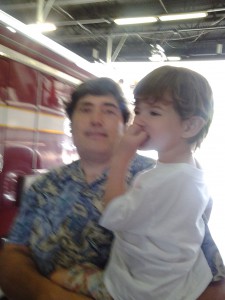
As a mother, my heart is a vine and it reaches with invisible twines that wrap around my son’s. I feel this tug at each turn. Ben though, is sitting on top of his daddy’s shoulders, snipping the vine, letting go in some ways. I coil the string, and wrap it safely up for the next time he will need me. He does. He will. I will wait.
In the meantime, I have a little more free time. I should be writing instead of watching, with my green eyes. In fact, I had time after work this past Friday to stop and gaze at the flowers. There is a field of pink, red, and white poppies near my exit for work. I stopped at took some photos. This is something I would not have been able to do had I been in the car with my son, as it was near the highway.



Mostly, my eyes are aglow with love and adoration for both my boys. I may envy their magic, but I appreciate the warmth of the fire from the sidelines.
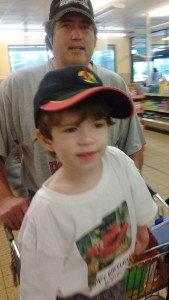
What else can I do? This is a normal stage for children and I appreciate my son has such a loving daddy. And I appreciate that I have such a loving husband. I’m lucky.






